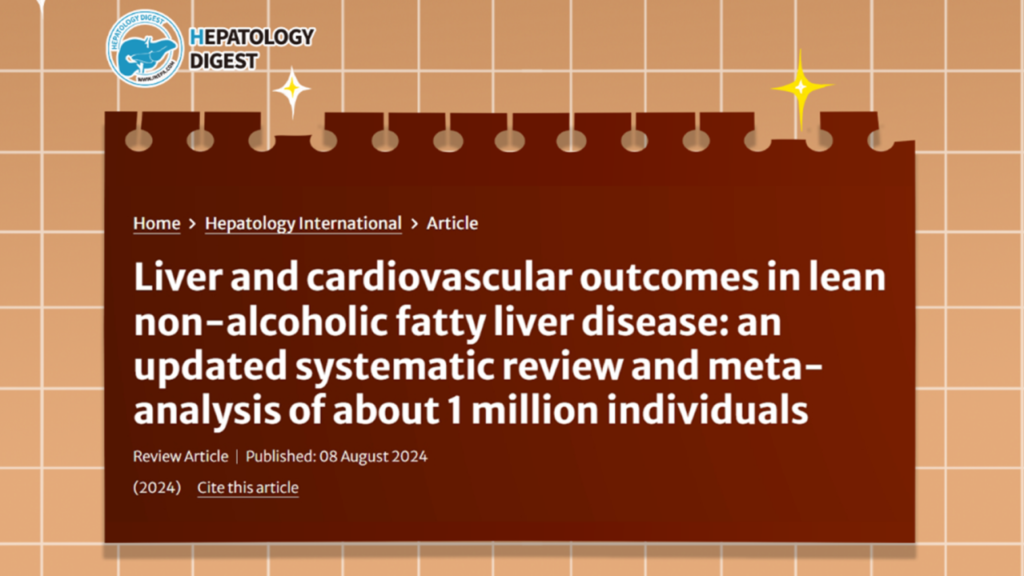2024 ESMO BC | Exploratory Analysis of the SERENA-2 Study Suggests Early Changes in ctDNA Predict Better Response to Camizestrant Treatment
The SERENA-2 study evaluated the efficacy and safety of different doses of Camizestrant (75 mg, 150 mg) compared to fulvestrant in patients with advanced ER+/HER2- breast cancer. The results showed that the median PFS in the Camizestrant groups was similar regardless of ESR1m status or dosage. Researchers further conducted an exploratory analysis of the SERENA-2 study to examine the suppression of ESR1m ctDNA in patients treated with Camizestrant compared to fulvestrant and its correlation with PFS. The findings of this exploratory analysis were presented at the 2024 ESMO BC conference, and this article provides a summary of the results.










